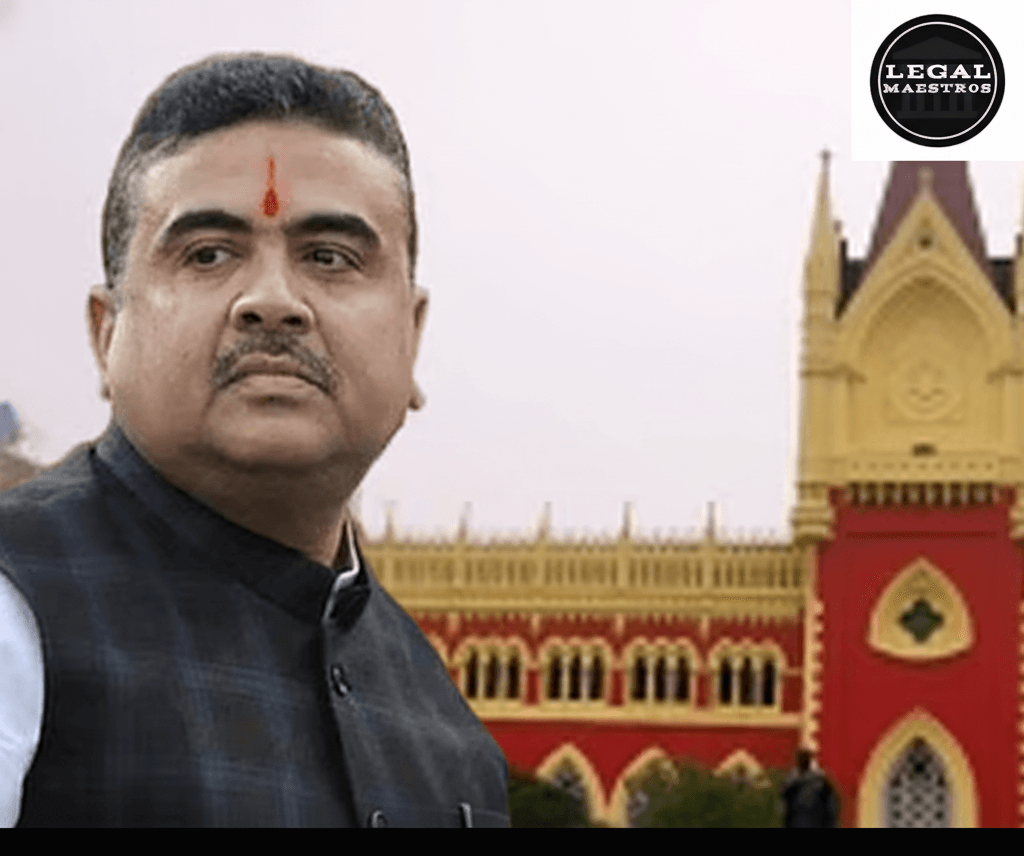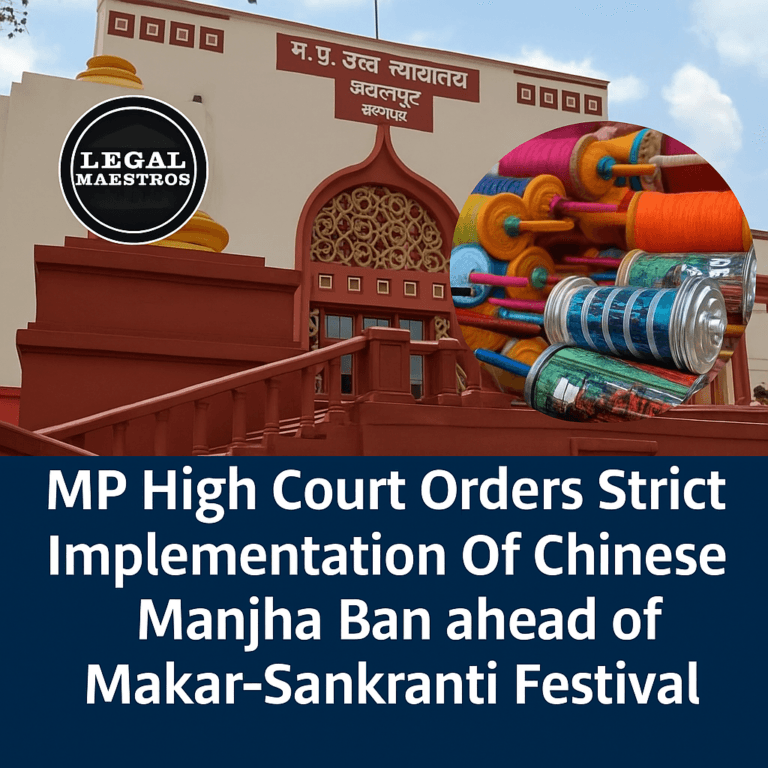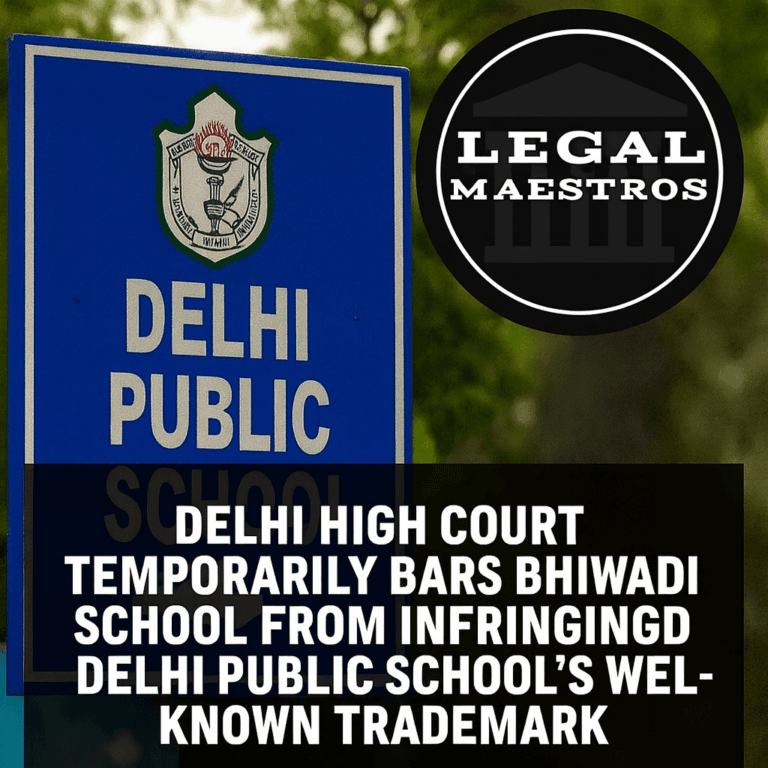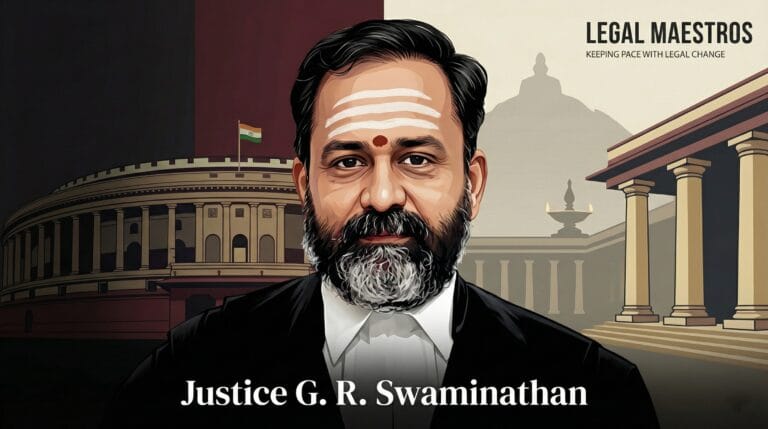
Justice Jay Sengupta of Calcutta High Court quashes 15 FIRs against BJP's Suvendu Adhikari
Legal Challenge Filed Against ‘The Taj Story’
The quashing of fifteen (FIRs) against Suvendu Adhikari by Justice Jay Sengupta of the Calcutta High Court is a major legal move. Adhikari is a senior Bharatiya Janata Party (BJP) leader and the Member of Parliament in the West Bengal Assembly, the Leader of the Opposition. The ruling, in an elaborate 169 page order, was a huge relief to the political leader, who had suggested that the cases against him are politically inclined.
Such allegations against Adhikari were broad in scope. They were charges of assault, vandalism, defamation, and speeches aimed at spreading animosity between groups. The FIRs were registered in other police stations within the state during the past few years. Adhikari had questioned such cases which he said was a concerted effort to harass him.
Justice Sengupta also took the fifteen cases individually in his verdict. He discovered that there existed a similarity in these particular cases of inadequate evidence. The court concluded that there were no particular charges being brought against Adhikari as such or that the crimes as charged in the complaints were not aligned with evidence in the case diary.
For any queries or to publish an article or post or advertisement on our platform, do call at +91 6377460764 or email us at contact@legalmaestros.com.
This decision was given in a wider judgment that the other cases against the BJP leader were taken care of. Although the court was offering relief in these fifteen cases, there were other aspects of the order. This judicial pronouncement was in a wider perspective of the litigation history of Adhikari particularly the barrage of cases against him in the wake of switching his political affiliation.
The Core Allegations of the Petition
The key rationale behind the suppression of the FIRs was the court determination of the existence of bad faith or the mala fide intent in the prosecutions. In his order, justice Jay Sengupta pointed out that several cases seem to have been clearly “manifestly attended with mala fide” and that they were politically hostile. The court indicated that such malice is almost impossible to prove directly, but may be determined through the circumstances that surround it.
One of the remarkable points that the court made was the time of the FIRs. Justice Sengupta remarked that there was an obvious absence of any criminal charges on Adhikari in his long political tenure in Trinamool Congress (TMC). But a flurry of cases was then filed against him immediately after he crossed over to BJP in December 2020. This abrupt rush created tremendous concerns about the intentions of the state.
The court pointed to one of such malicious intention. Adhikari was alleged to have threatened voters in three separate FIRs which were lodged within minutes of each other at the same police station. The court held that these statements were identical to each other, the phrasing of these statements being word-to-word identical. This implied the existence of an organized drive instead of real and independent complaints by citizens.
The court found this trend to be reeking of malice. The judge had commented that going by the number of cases that had been filed after his defection that one would have been forced to assume that Adhikari had suddenly turned into a habitual offender. This judicial cynicism was in the view that the criminal justice system was being exercised as a political vindictive instrument.
What the PIL Demands from the Court
Some of the suppressed FIRs alleged against Suvendu Adhikari about the hate speech in the Indian Penal Code under Section 153A. In these cases, it was alleged that he made communally charged statements in publicly rallied cases which were meant to promote enmity. As an example, he was accused by one FIR of Nandakumar Police Station saying Hinduism is in danger, which was said to be a provocation in a violation of peace.
Justice Sengupta in his decision made a delicate distinction between speech that was not allowable and that which was legal political speech. The court noted that political leaders have the right to have and say specific things about religion and caste. It observed that, simply the request of an amalgamation of his or her group, or the crusade against an evident prejudice on it, does not in any way appeal to the malice of stimulating hatred to the other groups.
Adhikari was accused by another FIR of Thamluk Police Station of threatening a Superintendent of Police and committing remarks that were offensive to religion. The court also struck the same down saying that urging to defend oneself or belief or caste or clan has not been criminalized in our laws. The court declared that the utterance of dissatisfaction with the officers of the authorities does not necessarily constitute the criminal intimidation.
This aspect of the decision makes sense of the legal hurdle that one must cross in order to prosecute a person on hate speech. The court examination indicates that even the request to a community to unite or call on an alleged discrimination is not on its own a criminal offense. The ruling supports the fact that the criminal law is not applicable in silencing political dissent or a divergent opinion.
The High Court’s Initial Response
Although the 15 FIRs were quashed, this was not a full legal shelter as the ruling by Adhikari. Also in the same order, Justice Sengupta also overturned a blanket protection given to Adhikari by the High Court in 2022. This order by another judge had also prohibited the state police to make any new FIRs against him without the court first granting it.
Justice Sengupta noted that this type of protective interim order could not be indefinitely and it was subject to lapse with the final decision. The advocates of Adhikari considered this aspect of the decision to be a loss, and the state government a winning factor. It implies that the police of West Bengal can now proceed to take fresh cases against him in case they get a complaint without requiring the court to approve the same.
Moreover, the court did not dismiss all the cases that Adhikari had appealed. In the case of four other FIRs Justice Sengupta ordered a Special Investigation team (SIT). The officers of the state police will be included in this hybrid SIT alongside the officers of the Central Bureau of Investigation (CBI) to provide the element of fairness and help to instill the confidence of the populace.








